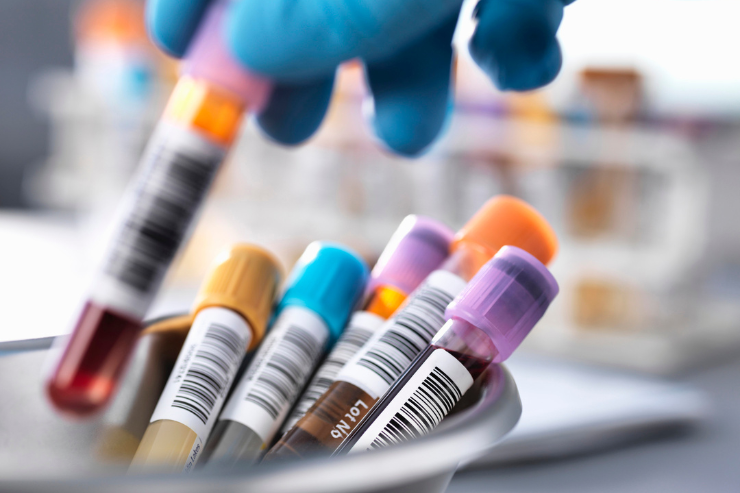
Clinical pathology is a branch of medical science that focuses on diagnosing diseases through the examination of bodily fluids and tissues. It plays a crucial role in determining the presence, extent, and nature of a disease, aiding doctors in making accurate diagnoses and guiding treatment decisions.
Clinical pathology encompasses various laboratory tests and techniques that analyze blood, urine, body fluids, and tissue samples. These tests help detect abnormalities in biochemical, microbiological, hematological, and immunological parameters. By assessing these factors, healthcare providers can:
Diagnose Diseases: Identify conditions such as infections, cancers, metabolic disorders, and autoimmune diseases.
Monitor Health: Track the progression of chronic diseases and monitor treatment effectiveness.
Screen for Health Risks: Screen for risk factors like cholesterol levels, blood sugar levels, and hormonal imbalances.
Complete Blood Count (CBC): Evaluates red blood cells, white blood cells, and platelets to detect infections, anemia, and other blood disorders.
Basic Metabolic Panel (BMP) and Comprehensive Metabolic Panel (CMP): Measures electrolytes, glucose, kidney function, and liver function to assess overall health and detect metabolic imbalances.
Urinalysis: Analyzes urine for signs of urinary tract infections, kidney disease, and metabolic disorders.
Blood Chemistry Tests: Assess specific substances in the blood to evaluate organ function, such as liver enzymes and cholesterol levels.
Microbiology Tests: Identify microorganisms like bacteria, viruses, and fungi to diagnose infections and determine appropriate treatment.
Clinical pathology plays a vital role in modern healthcare by providing valuable insights into your health status and guiding personalized treatment plans. By partnering with healthcare professionals and leveraging advanced diagnostic techniques, clinical pathology helps ensure timely and accurate diagnoses, leading to better health outcomes.
Clinical pathology is a branch of medical science that focuses on diagnosing diseases through the examination of bodily fluids and tissues. It plays a crucial role in determining the presence, extent, and nature of a disease, aiding doctors in making accurate diagnoses and guiding treatment decisions.
Clinical pathology encompasses various laboratory tests and techniques that analyze blood, urine, body fluids, and tissue samples. These tests help detect abnormalities in biochemical, microbiological, hematological, and immunological parameters. By assessing these factors, healthcare providers can:
Diagnose Diseases: Identify conditions such as infections, cancers, metabolic disorders, and autoimmune diseases.
Monitor Health: Track the progression of chronic diseases and monitor treatment effectiveness.
Screen for Health Risks: Screen for risk factors like cholesterol levels, blood sugar levels, and hormonal imbalances.
Complete Blood Count (CBC): Evaluates red blood cells, white blood cells, and platelets to detect infections, anemia, and other blood disorders.
Basic Metabolic Panel (BMP) and Comprehensive Metabolic Panel (CMP): Measures electrolytes, glucose, kidney function, and liver function to assess overall health and detect metabolic imbalances.
Urinalysis: Analyzes urine for signs of urinary tract infections, kidney disease, and metabolic disorders.
Blood Chemistry Tests: Assess specific substances in the blood to evaluate organ function, such as liver enzymes and cholesterol levels.
Microbiology Tests: Identify microorganisms like bacteria, viruses, and fungi to diagnose infections and determine appropriate treatment.
Clinical pathology plays a vital role in modern healthcare by providing valuable insights into your health status and guiding personalized treatment plans. By partnering with healthcare professionals and leveraging advanced diagnostic techniques, clinical pathology helps ensure timely and accurate diagnoses, leading to better health outcomes.
Ruler Diagnostics Pvt. Ltd, where we prioritize your health and well-being through comprehensive and precise diagnostic services. Our journey began with a shared vision among seasoned healthcare professionals to establish a diagnostic center that combines cutting-edge technology with compassionate care.